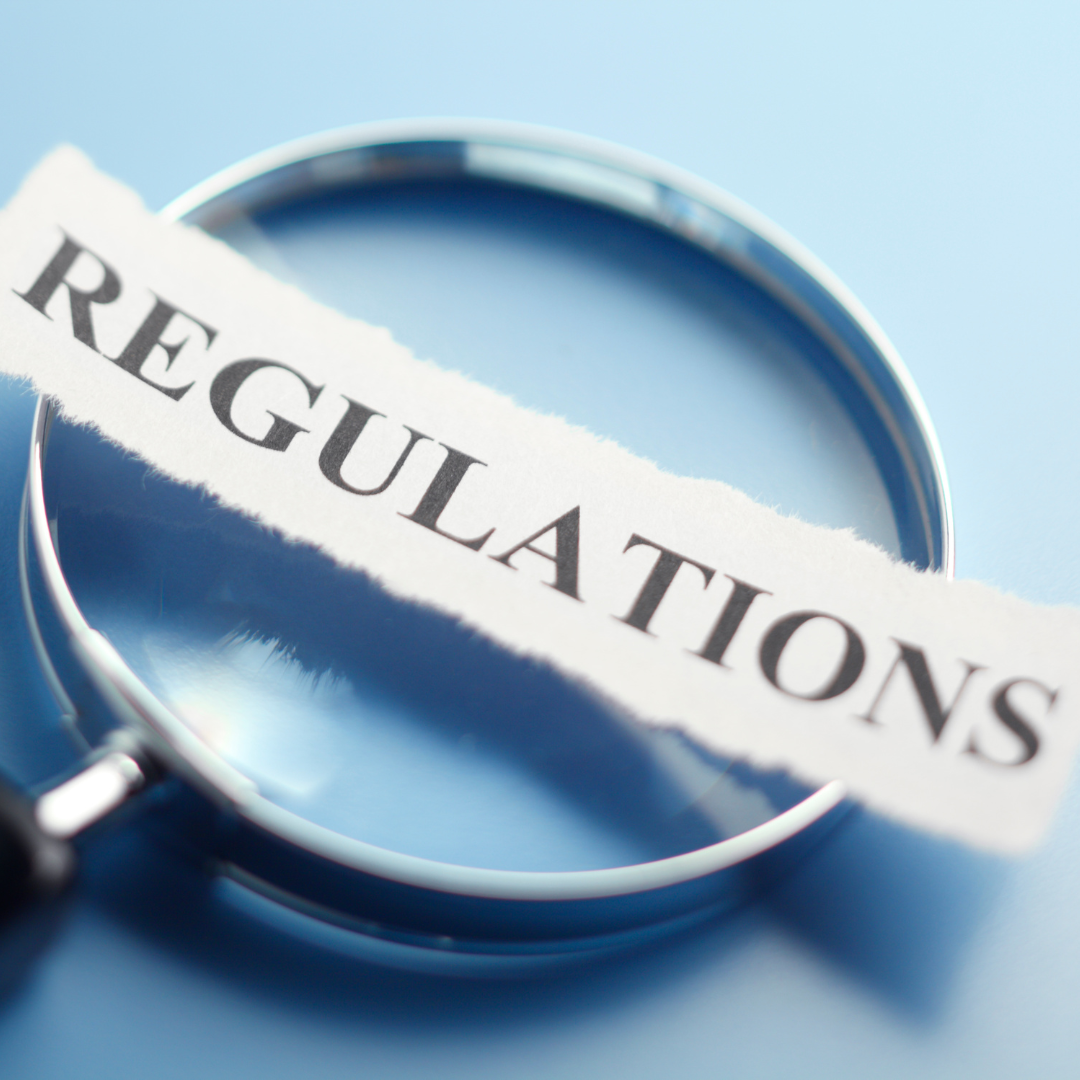Join America Back to Work, a weekly podcast, video, and blog series that covers timely and relevant topics affecting the labor market and workforce with industry experts. The series includes recruiting, hiring, retention, employee satisfaction, customer service, background screenings, and more.

Compliance Update: Current HR AI Regulations You Need to Know
In July of last year, New York City made it illegal for employers to use AI (called “automated employment decision tools”) for hiring and promotion decisions unless certain requirements are met, including an annual public bias audit conducted by a third party.
Known as NYC’s Local Law 144, this regulation was the first of its kind in that it was the strictest, most explicit legislation to date enacted around the use of AI in employment in the U.S.
The law, which aims to get ahead of a future in which many predict AI will be able to hire and fire employees, set the tone for HR AI regulation heading into the new year. And, since New York (and California) tend to represent what’s to come legislatively for other states and jurisdictions, HR professionals should get familiar with the current regulatory landscape and prepare for what’s to come.
EEOC Guidance: Promoting Fairness and Preventing Discrimination
During the same summer in which NYC enacted Law 144, the U.S. Equal Employment Opportunity Commission (EEOC), a federal agency that enforces laws that make discrimination illegal in the workplace, issued guidance on the use of AI in hiring in line with their existing laws. Essentially, the regulations made it clear to employers that they can’t blame AI for biased decision-making—it’s the company that’s liable.
In November, true to their word, the EEOC settled a first-of-its-kind AI bias in hiring lawsuit in which a large-scale tutoring company was found guilty of age discrimination after using an algorithm that automatically rejected women over 55 and men over 60. The EEOC is expected to tighten the reins even further in 2024, and companies should revisit their hiring programs to make sure they’re using AI in a way that aligns with EEOC standards.
State Laws: Prioritizing Data Privacy
While the EEOC is primarily focused on promoting fairness and preventing discrimination, state regulations are generally zeroed in on worker privacy and data protection. Illinois, for example, passed the Artificial Intelligence Video Interview Act, which requires employers who use artificial intelligence to analyze video interviews to notify the candidate that AI is being used, explain that use, obtain consent, maintain confidentiality, and destroy records after use.
Maryland soon followed suit, passing a near-identical law targeting AI and video interviews. California also has some legislation on the table outlining disclosures, opt-out provisions, and consent measures regarding the use of AI in hiring. If it gets passed, it will be by far the most comprehensive, detailed set of regulations in the AI space when it comes to hiring and data protection.
More Federal Guidance
More robust federal regulation around the use of AI in employment is also on the horizon. Last year, President Joe Biden released the Blueprint for an AI Bill of Rights to protect Americans from privacy threats and discrimination and an Executive Order on Bias that explicitly calls out AI for its bias issues.
New Jersey congressional representative, Frank Pallone Jr., also proposed a bill targeting data privacy, called the American Data Privacy and Protection Act, aimed at setting rules for artificial intelligence when collecting data during the hiring process. It was approved by the U.S. House Energy and Commerce Committee, but failed to advance to the House and Senate floors. Lawmakers continue to hone the bill, and employers can expect to see movement around sweeping privacy legislation for AI soon.
Preparing for a Future with Stricter HR AI Regulations
With these guidelines in place and stricter regulations on the horizon, HR departments should look inward to their internal AI policies and processes to reduce compliance risk in the future.
With these measures and others on the horizon in the coming year and beyond, he said that HR pros should consider an internal AI policy that details how these technologies are procured, what considerations were made in terms of fairness and equity, anti-bias impacts, or privacy to protect from future litigation.